Exercise and Weight
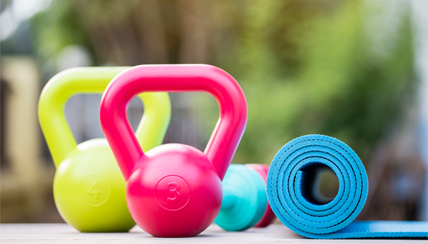 Maintaining a healthy weight is good for everyone. Exercise is an important part of a healthy lifestyle, and is part of rehabilitation for chronic disease. Regular exercise strengthens the lungs to reduce shortness of breath. It also improves the heart and muscles, and can help you feel good about yourself. Being overweight puts you at risk for many diseases, including heart disease, diabetes, and high blood pressure. Some people with a chronic disease have trouble losing weight. For those with lung disease excessive body weight can increase shortness of breath.
Maintaining a healthy weight is good for everyone. Exercise is an important part of a healthy lifestyle, and is part of rehabilitation for chronic disease. Regular exercise strengthens the lungs to reduce shortness of breath. It also improves the heart and muscles, and can help you feel good about yourself. Being overweight puts you at risk for many diseases, including heart disease, diabetes, and high blood pressure. Some people with a chronic disease have trouble losing weight. For those with lung disease excessive body weight can increase shortness of breath.
A successful exercise plan has specific goals, rewards along the way and is a fun activity. A good weight loss plan includes eating from all food groups, avoiding "fad" diets and drinking six to eight glasses of water a day. Combine exercise and healthy eating and you will lose weight and feel better.
Featured Stories
Transcript
Walk With a Doc is a national program that we’ve brought to Colorado that uses exercise as medicine.
The goal is to get people motivated to walk the walk with their doctors and to also talk the talk.
Coming to Walk With a Doc is a really wonderful and welcoming experience.
Everybody is wearing a name tag.
Everybody says, “Hello.”
They want to meet you.
They want you to be part of the group.
When you come early, you’ll register, you’ll get a bunch of free things, a t-shirt or a pedometer or whatever we have available and there’s refreshments.
So have some coffee, a piece of fruit and chat with other people who are motivated to improve their health.
We use Walk With a Doc to get people motivated and excited about exercising, using group dynamics and social support to get people to do more than they would ordinarily do alone and we also educate the public and the patients about a health topic.
For instance, we’ll talk about coronary disease or atrial fibrillation or osteoporosis or lung cancer, but whatever it might be, we want to impart some key pearls of wisdom so that patients and the public know when to seek help when there’s a problem.
And then on the walks, you get to meet people as well and talk more about improving health with the doctors and exercise physiologists and nurses and everyone else that will be there.
Walk With a Doc is one of the best programs around, and it’s excellent for health and well-being.
You really feel energized, motivated, and you are ready for the day.
Staying active and healthy is important for everybody no matter what age you are.
I really enjoy it, even during the wintertime.
We’ve had times in January where it might be 15 below zero and I’ve been out there.
To see an individual transform their life from being sickly and on lots of pills and not feeling good to being an active member of society like they once were, that to me is the most powerful thing we do.
So come learn and exercise and get well with us.
Visit njhealth.org/wwad for more information.


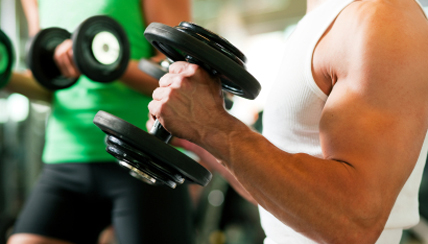
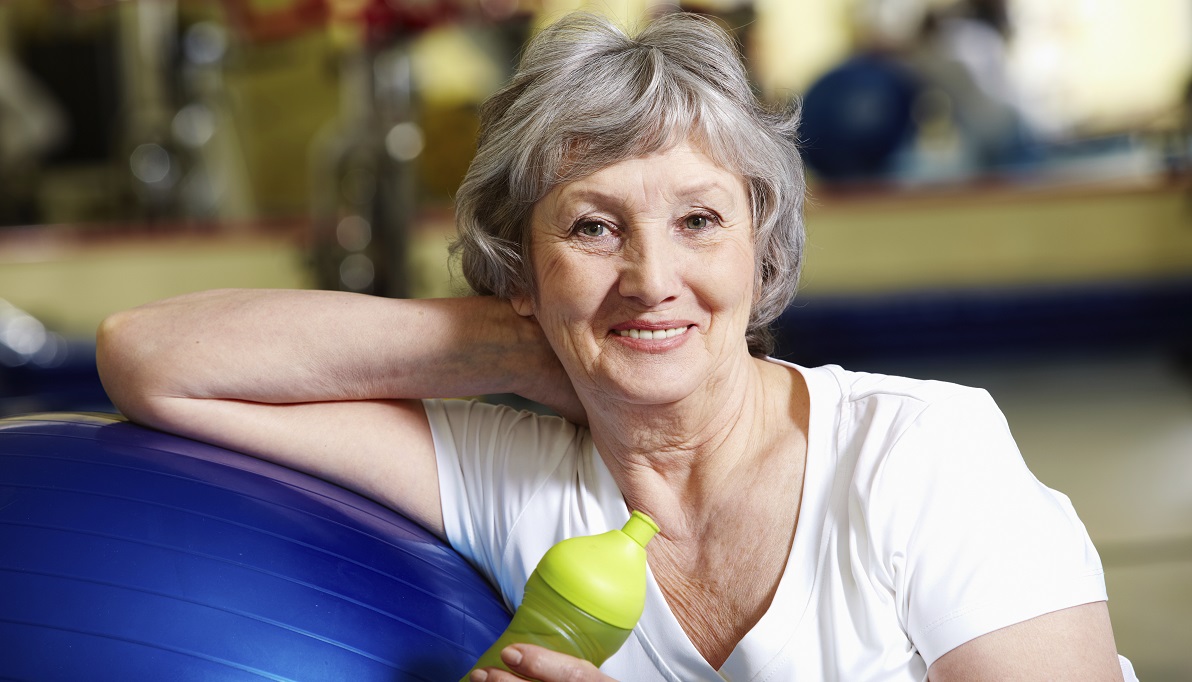
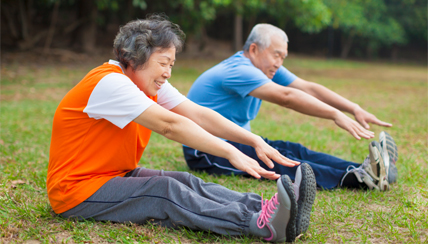
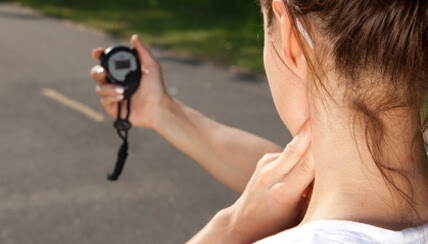


 You may also be interested in...
You may also be interested in...